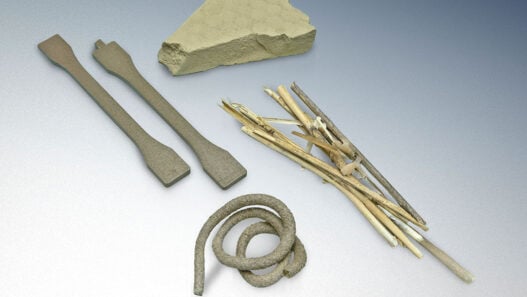The second enhancement is the addition of ‘netlist type autodetect’, which automatically recognises netlist formats as belonging to their respective tool vendors. This can save considerable time when importing netlists from third parties. Thirdly, the WGL test vector format (as used for IC testing) is now supported through a ProVision plug-in.
The fourth enhancement is the ability to test (IEEE) 1149 dot 6 to dot 1 connections; an industry first in terms of cross-standard testing within a single tool.
The remaining seven enhancements are: 5) support for FTDI USB to serial port peripheral devices (embedded on target board); 6) HTML reporting for TTR and BSD in AEX sequences; 7) the ability to export and re-import AEX sequences; 8) support for double-latching bus logic; 9) boundary-scan register length check; 10) support for multiple ID codes in BSDL; and 11) 64-bit drivers for DataBlaster hardware
Peter van den Eijnden, MD of JTAG Technologies, commented: “When launched, in 2006, ProVision dramatically changed the way users work with boundary-scan. There have been a number of updates/enhancements since launch but we’re hitting 2011 hard with almost a dozen performance-boosting and time-saving additions.”
The above enhancements to ProVision are all available on CD17, which also contains the recently announced ProVision Designer Station (PV_DST); support for additional microprocessors with embedded flash and a new Production Integration Package (PIP) for supporting .NET (for interfacing with Microsoft applications) has been added to the range of existing PIP packages.







